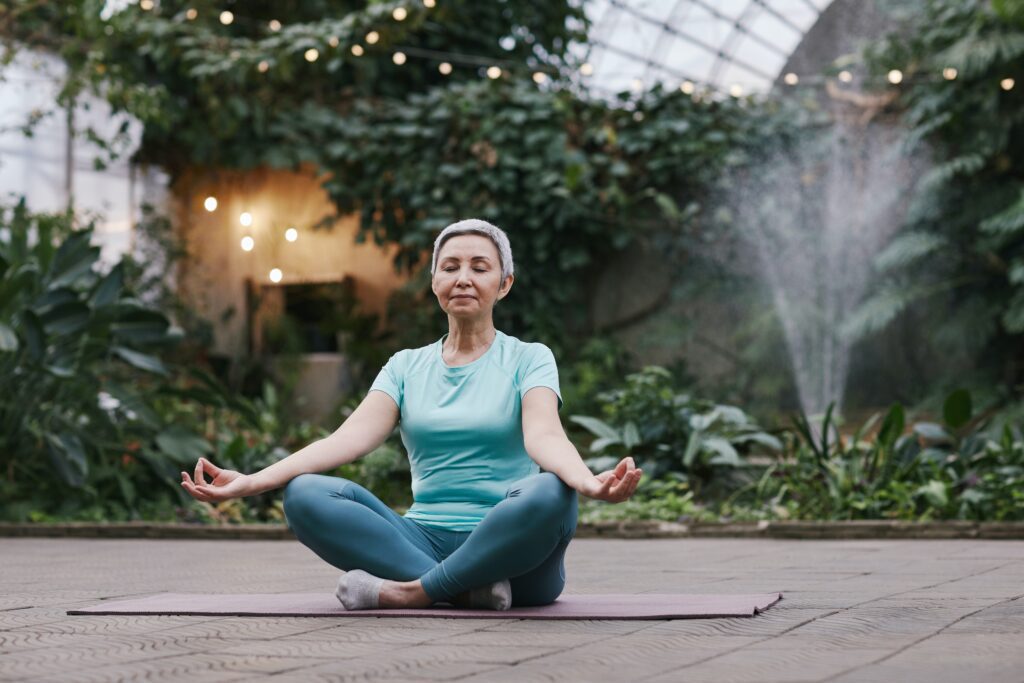Top 10 Most Effective Ways to Improve Your Mental Health
Our mental health is just as vital as our physical health. It encompasses our emotional, psychological, and social well-being, influencing how we think, feel, and act. By adopting positive habits and strategies, we can improve our mental health, enhancing our ability to enjoy life and handle life’s challenges. Here are the top 10 ways to improve mental health, offering a better sense of balance, resilience, and well-being.
1. Regular Exercise

Exercise isn’t just for physical health. Regular physical activity boosts mood, reduces stress, and improves sleep. Aim for at least 30 minutes of moderate exercise, like walking or cycling, on most days. Not only does exercise release endorphins (the body’s natural mood lifters), but it also provides a distraction from negative thoughts and enables better resilience.
2. Balanced Diet

Just as your body feels better when you eat well, so does your mind. Consuming a balanced diet rich in fruits, vegetables, lean protein, whole grains, and healthy fats can help maintain stable blood sugar levels and mood. Avoiding processed foods, high-sugar snacks, and excessive caffeine can also help maintain mental wellness.
3. Adequate Sleep

Sleep has a significant impact on mental health. Chronic sleep deprivation can contribute to mental health disorders like anxiety and depression. Aim for 7-9 hours of quality sleep each night. Establish a regular sleep schedule, create a calming bedtime routine, and make your bedroom a quiet, dark, and cool space to aid in better sleep.
4. Mindfulness and Meditation

Practising mindfulness encourages you to focus on the present moment, reducing negative rumination and stress. Meditation, a form of mindfulness, also has numerous mental health benefits. It can help reduce symptoms of anxiety and depression, increase self-awareness, and promote emotional health.
5. Regular Social Interaction

We are inherently social beings, and positive interactions with others can significantly boost our mood and mental well-being. Spending quality time with friends and family, participating in group activities, or even engaging in a friendly chat can provide an emotional lift and foster a sense of belonging.
6. Reducing Alcohol and Avoiding Drugs

Alcohol and drugs can negatively impact mental health, potentially triggering mental health issues like anxiety and depression. To improve mental well-being, consider reducing alcohol consumption and avoiding illicit drugs. For those struggling with substance misuse, professional help should be sought.
7. Mental Stimulation

Keeping your mind active and engaged can help maintain cognitive function and mental health. This could involve puzzles, reading, writing, or other intellectually stimulating activities. Lifelong learning and mental challenges create a healthier brain and can stave off mental decline.
8. Limiting Screen Time

Excessive screen time, especially on social media, can negatively impact mental health, contributing to feelings of inadequacy and increased anxiety. It’s important to set boundaries for screen time, engage in digital detoxes, and use technology in a healthy and balanced way.
9. Seeking Professional Help

There’s no shame in seeking help from mental health professionals. Psychologists, psychiatrists, and therapists are trained to understand and treat mental health issues. If you’re struggling with persistent negative feelings or find your daily life affected, it might be time to seek professional help.
10. Practice Self-care

Self-care involves taking steps to look after your mental, emotional, and physical health. This could involve taking time each day to relax, pursue hobbies, or practise self-compassion and self-love. Remember, it’s okay to put your well-being first.
Conclusion: Improving mental health is a gradual process, and it’s important to be patient with yourself. While these tips can help foster better mental well-being, they’re not a substitute for professional help if you’re experiencing significant mental health issues. Always reach out to a healthcare provider if you need help. Remember, there’s strength in seeking help and taking steps towards improving your mental health.
“We’ve reached the end of our Top 10 countdown, and we’d love to hear from you! Do you agree with our choices, or is there something we missed that you feel deserves a spot on this list? Let’s start a conversation – comment below with your thoughts and ideas. Your input might just influence our next Top 10!”
If you like this you might like The Top 10 Most Effective Ways to Relieve Stress Quickly





